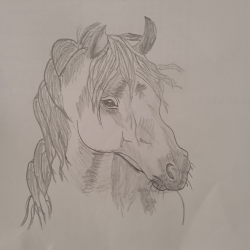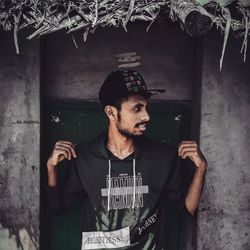

I noticed a big spider web blocking my vision one day as I peered out of my window. This web actually measured about a meter and a half in width and stretched from one edge of the window to the other because to how big it was. The architect of the magical web, a big, wooden, brown Garden Orb Weaver, was right there in the middle, obviously pretending to be dead. Throughout the day, I would occasionally look up from my desk to have a look at this critter and consider whether he was starving or simply waiting patiently for a moth to land in his web. I took a liking to this spider and gave him the name Peter Your Friendly Neighbor Spiderman, however other family members after learning about this Beast sprayed it with a bus spray in a hurry. Peter Parker jerked out of his pretend dead position as I watched, his eight legs twitching and contracting irregularly as he fled the chemical shower that would ultimately result in his certain death. I paused and prayed that, if there ever was a place known as spider paradise, he was there devouring all the moths he so craved.
Our economy of desire has caused us to become distant and divorced from the understanding of extinction, oblivion, and the effects of death on the complex web of existence. Stories and explanations of these fatalities must be communicated in a way that is personally relevant to the individual and inspires societal responsibility based on human morals and ethics in order to engage society in the subject of extinction and death impacts.
I start out by examining extinction and death through the lens of what some people could consider to be the core of all human beings. The phrases "human" and "friendliness" and "human" "cruelty" kind of go together. Humans are often associated with kindness, yet they can also be associated with cruelty on the other end of the spectrum. But perhaps the survival of our individualistic selves in a society built on the principles of economization justifies or explains our brutal behavior.
Butler discusses the power of loss and mourning in human relationships, stating that while our loss or displacement may feel fleeting, there are ties and bonds that constitute who we are and what composes us. By viewing the instance of death and all that it entails from the perspective of human relationships, we can start to understand that concept of interconnectivity and relationship on a more personal level.




